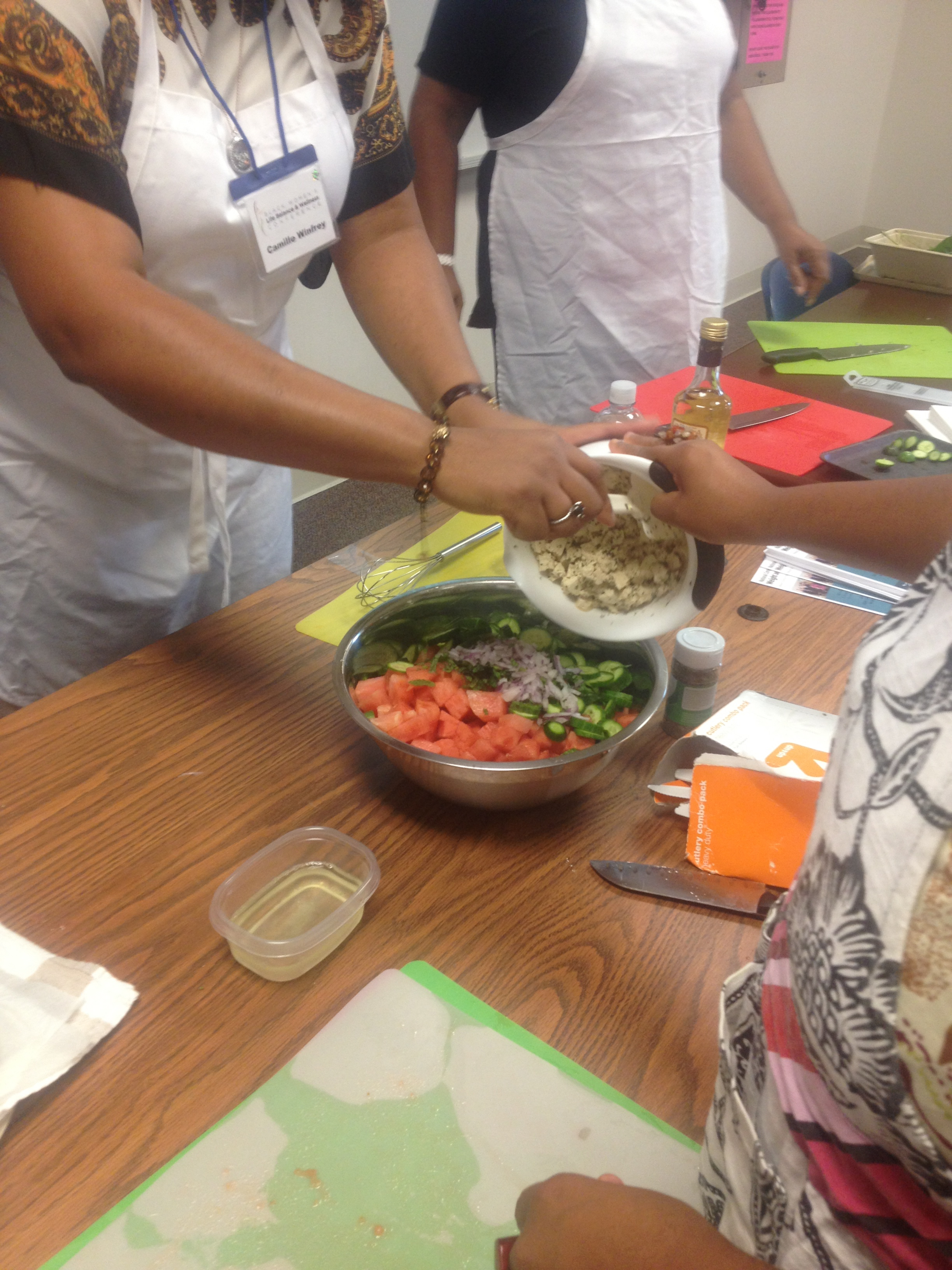How many minutes per day are enough to set aside for your dreams when you have a full 25 hours of obligations?
Blue posed this question to me last week. I was between two appointments and missing Tananarive Due’s Octavia E. Butler Celebration of Arts & Activism at Spelman College. (#OctaviaButlerSpelman). I was disappointed, but thanks to social media, I caught some of the proceedings later via live stream.
Blue’s question was a good one. He offered a response: Maybe the secret is minimizing your obligation footprint.
But how?
In the past my approach has been to start with dreams instead of waiting to fit them in later. “Later” isn’t tangible. In fact, by definition, later is always some time other than the present. Starting with dreams means waking before sunrise to tackle priorities. Or it means designing the day with hard breaks for non-negotiables.
In general, obligations take up more space than they’re due. Portrayed as sprawling affairs, they cover time and consciousness they simply don’t deserve. They’re akin to shadow puppets. They play games with light, appearing bigger or smaller in response to our motivation and energy levels.
But let’s be real. Creative scheduling and clarity of purpose do not absolve us of obligations. And despite our best efforts, sometimes they pull rank, and demand healthy portions of our limited attention. But then, what happens to our dreams?
Time is a finite resource, and minimizing your obligation footprint can mean being more efficient, but it also means cutting away that which doesn’t truly move you forward.
 I’ve spent the past couple of days cuddled up with Pearl Cleage’s latest. I’m underlining and starring key points, and alternating between laughing (or gasping) aloud and reading aloud as audience permits.
I’ve spent the past couple of days cuddled up with Pearl Cleage’s latest. I’m underlining and starring key points, and alternating between laughing (or gasping) aloud and reading aloud as audience permits.
In the first section of the book she whines, schemes and strives to create time for things that are most important. Eventually, she quits a job that makes her unhappy so she can focus on living her life instead of lamenting about it.
Last May I came across Learning to Say No, an essay Pearl penned for Essence Magazine in 2004. In it, she said she was a recovering yes-woman:
I realized there was only one way to stop saying yes when I meant no, and that was to understand that I wasn’t just giving up an hour or two here, or a Saturday afternoon there, but the precious, irreplaceable moments of my life. And I decided to stop doing it.
She lights on a specific moment in her life and the circumstances of the essay dovetail with the journal entries detailing her resignation and new departure. She said no to obligations that didn’t serve her, so she could say yes to the priorities that would. We can learn to do that with the big issues of our lives, but it’s also good practice for vetting the energy vampires in our day-to-day. More wisdom from Pearl’s essay:
That night I came up with six questions that I hoped would help me reclaim my life. I call them The Big Six, and I offer them here for one simple reason: They work. Next time someone asks you a question that requires a yes or no answer, ask yourself the following:
-
- What am I being asked to do?
- Who is making the request?
- Who will benefit from this activity?
- What do I want to do?
- What will happen if I say no?
- What will happen if I say yes?
Wishing you the perfect balance of no, yes and joyful reclamation.
xoxo

